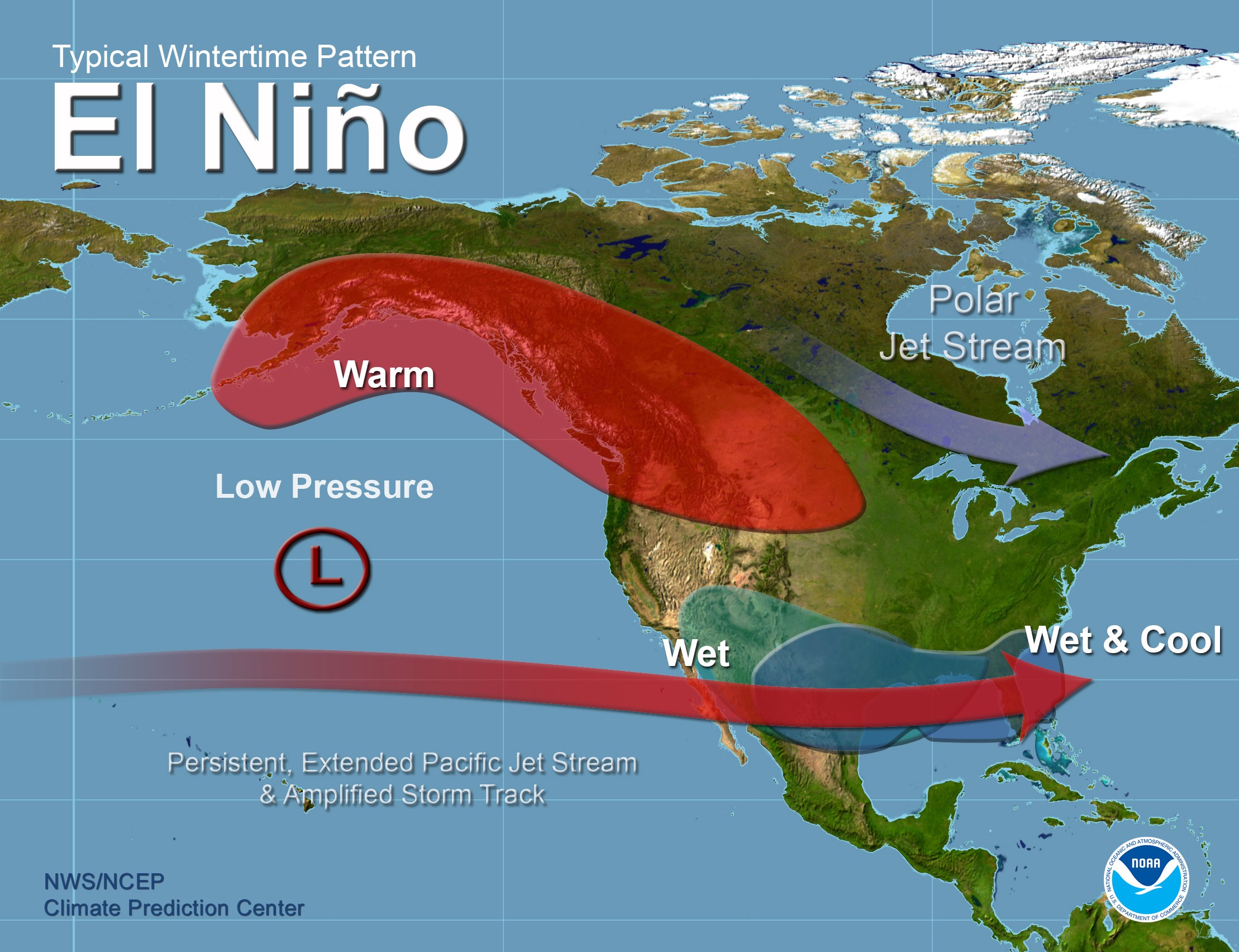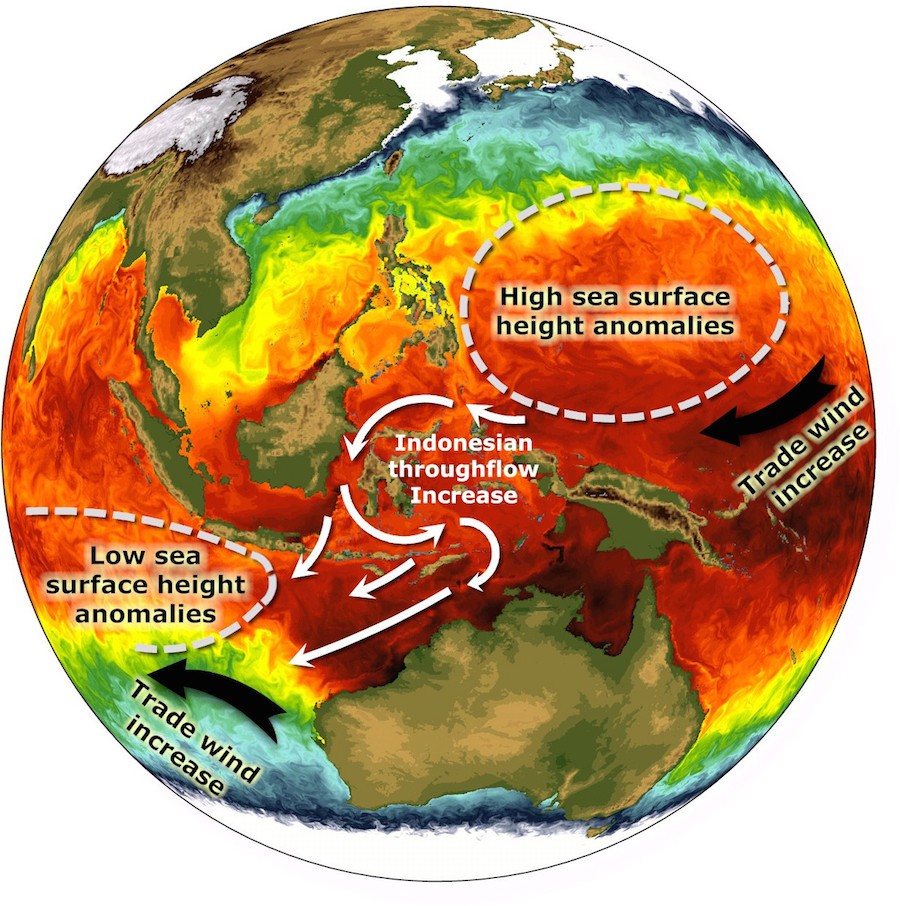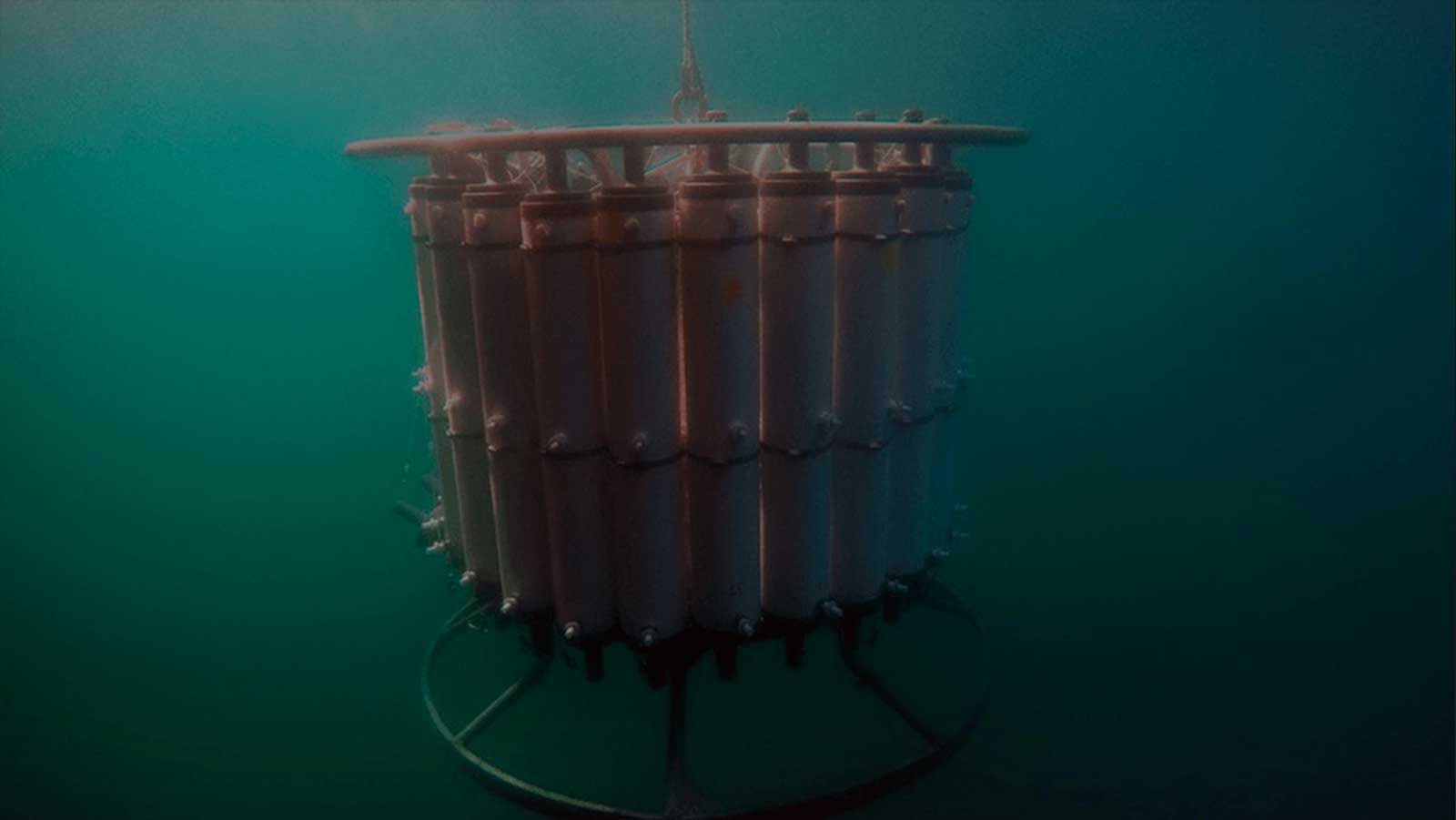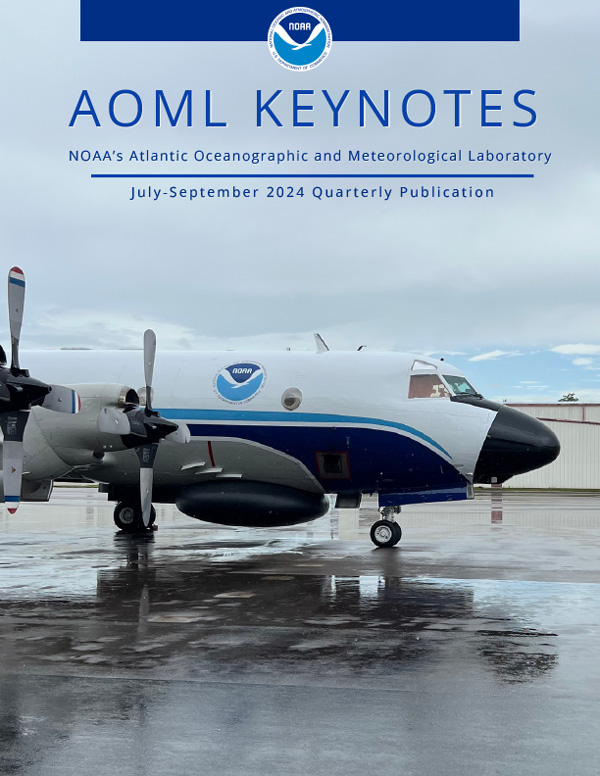Study Explores Role of El Niño in Transport of Waterborne Disease
A new study published in the journal Nature Microbiology highlights how emerging, devastating outbreaks of Vibrio infection in Latin America might be linked to El Niño, a climate pattern that periodically causes surface temperatures to warm throughout the equatorial Pacific Ocean. A researcher with the University of Miami’s Cooperative Institute of Marine & Atmospheric Studies at NOAA’s Atlantic Oceanographic & Meteorological Lab was part of an international research team that used microbiological, genomic, and bioinformatic tools to demonstrate how El Niño provides a mechanism for the transport of disease from Asia into the Americas.





